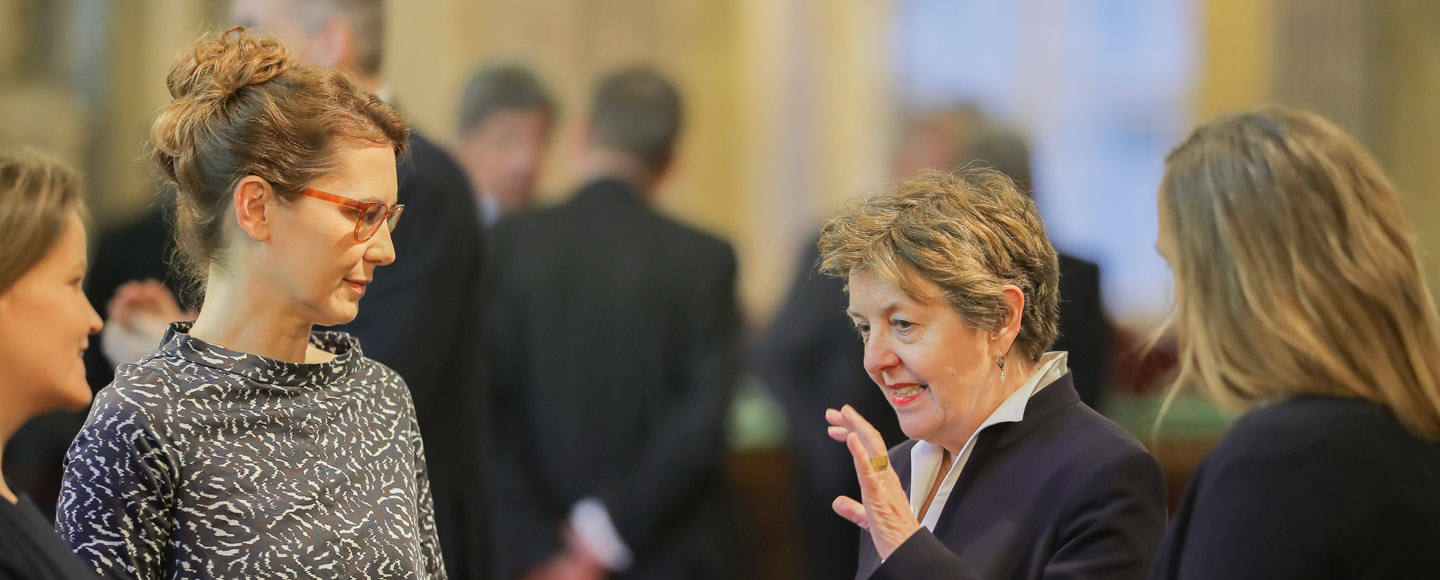This community consists of full members, honorary members, corresponding members and members of the Young Academy. With the exception of the honorary members of the Academy as a whole and the members of the Young Academy, each member belongs either to the Division of Mathematics and Natural Sciences or to the Division of Humanities and Social Sciences.
Divisions
Members of the divisions are elected every two years on the basis of recommendation by full members. New members can be co-opted without consultation. Criteria for election are academic achievement and academic reputation. Consideration is also given to achieving a good balance of disciplines and raising the proportion of women researchers.
Local members meet regularly in general assemblies which include a public sitting in which issues of relevance to society are discussed. In the division meetings the members discuss and make decisions on matters concerning the respective divisions, such as preparing to elect members.
Young Academy
The members of the Young Academy are up to 70 younger, already established junior scientists who have received important research-promoting awards and fellowships. They are elected by the Young Academy and confirmed by the Academy as a whole. Membership in the Young Academy lasts for eight years. The board of directors is the head of the Young Academy and consists of five board members who are elected annually.
The voice of science
The members as a whole form a discussion forum embracing almost every scientific discipline. The multidisciplinary, suprainstitutional and international composition of the members of the Academy mean that they have a broad overview of national and international developments at universities and non-university research units. At the same time, the expertise of the members also makes them an academic think tank.
By forming and working in OeAW commissions the members also conduct their own independent research driven by interest in collective inquiry and readiness to engage in interdisciplinary cooperation.
The members of the OeAW support complex decision-making with their scientific knowledge and thus contribute to a well-founded discussion of issues of great relevance to society and advise decision makers in politics, the economy and society.
The future-oriented exchange of ideas and experience and the highest levels of innovative research make the members of the OeAW a strong voice of science in Austria and beyond.
